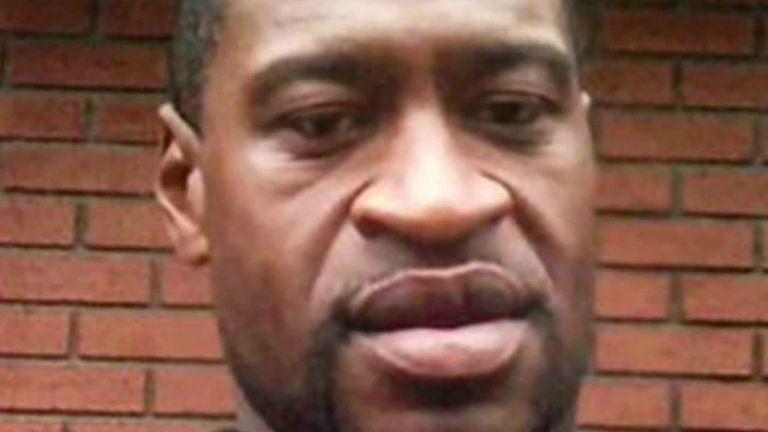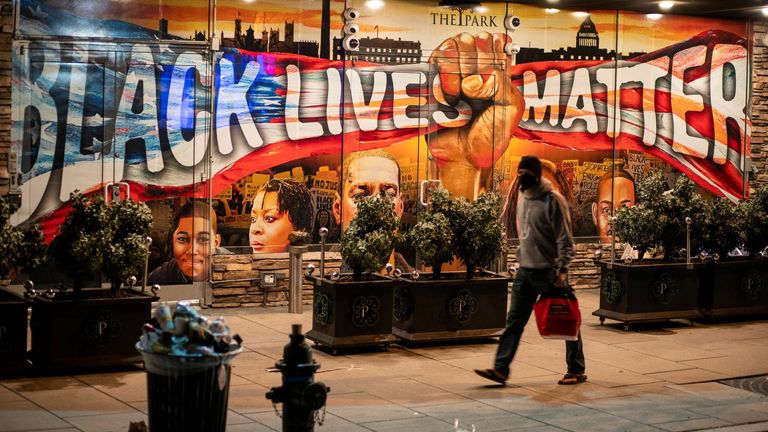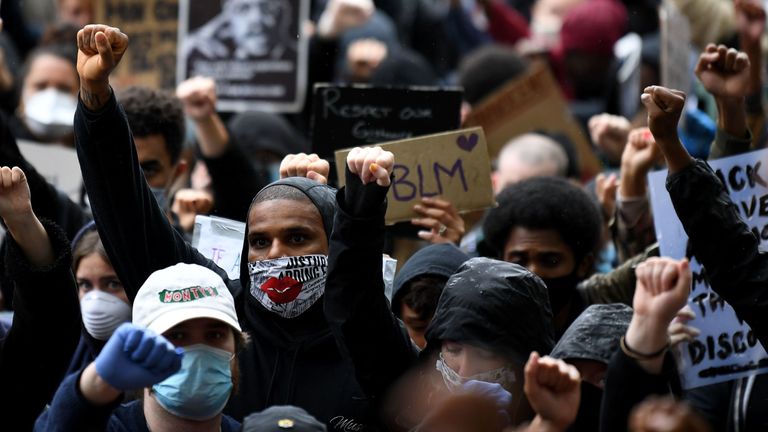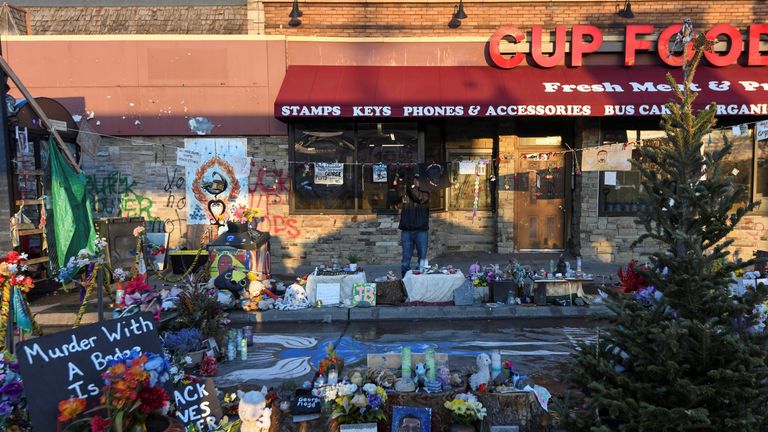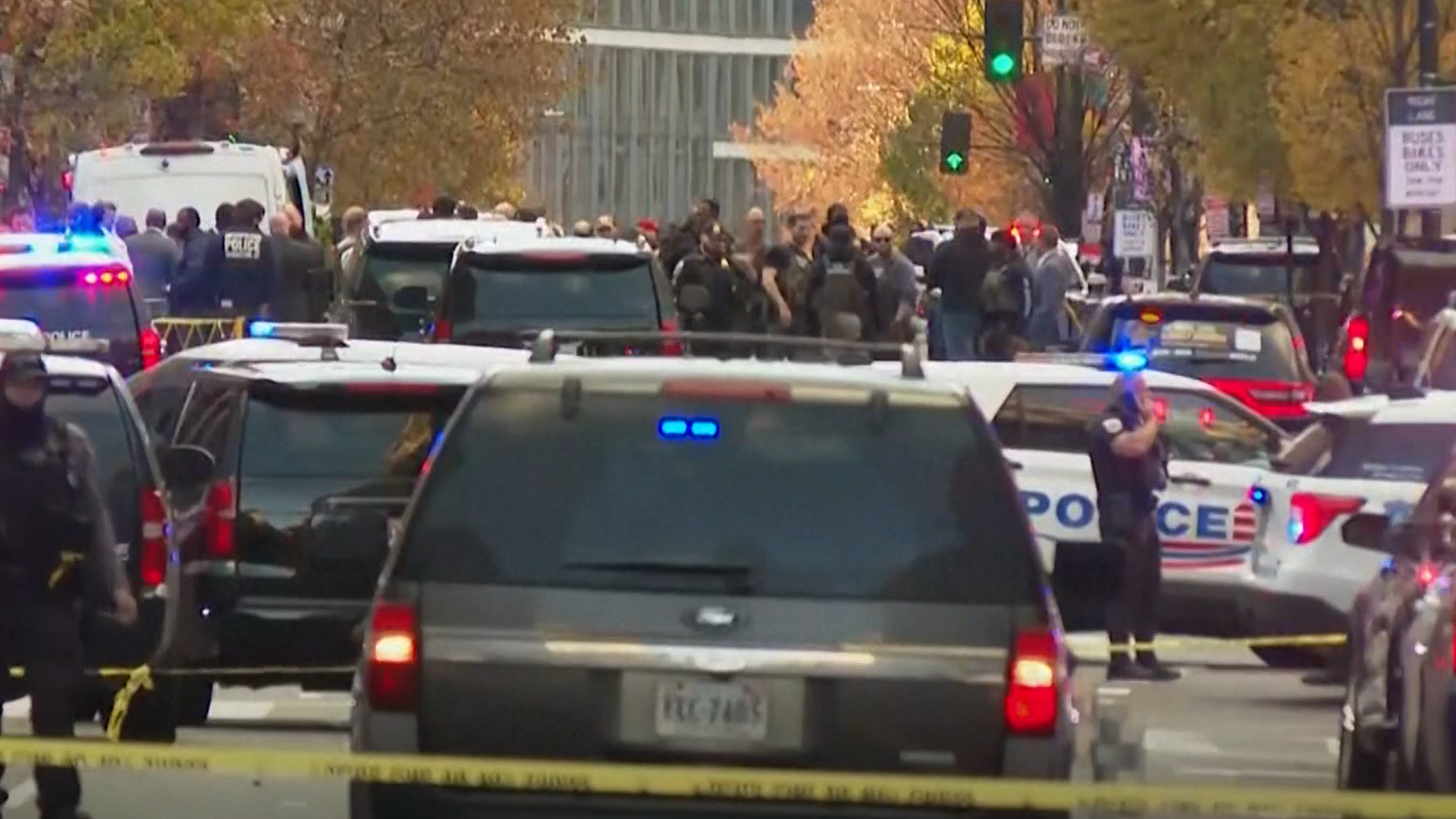A third-degree murder charge has been brought against the former police officer charged in George Floyd’s death – a move that could increase the odds of a murder conviction in what will be one of the highest-profile police trials in the US.
Prosecutors had requested third-degree murder be added to former Minneapolis officer Derek Chauvin’s charges, which already included second-degree murder and manslaughter.
A judge has now granted the request, despite attempts from Chauvin’s lawyers to block it.
The former police officer is set to go on trial over the killing of George Floyd last May, which sent shockwaves through the world and sparked a swathe of Black Lives Matter protests.
Chauvin pressed his knee against Mr Floyd’s neck for nine minutes and the father was later declared dead.
Third-degree murder is less serious than second-degree murder and is described as an unplanned, unintentional killing – while second-degree murder can be intentional or unintentional.
Although second-degree murder would involve more prison time if Chauvin is convicted, legal experts say an additional third-degree murder charge would boost the chances of a murder conviction because the burden of proof is lower.
To win a third-degree murder conviction, prosecutors would only have to show that Mr Floyd’s death was caused by an act that was obviously dangerous, though not necessarily a felony. This would carry a maximum sentence of 25 years.
Hennepin County Judge Peter Cahill had earlier rejected the charge of third-degree murder in the case of Chauvin because of wording in the law that references an act “eminently dangerous to others”.
Mr Cahill said it was not appropriate for the case because Chauvin’s conduct could be construed as not dangerous to anyone apart from Mr Floyd.
But prosecutors attempted to revive the charge after Minnesota state’s Court of Appeals upheld a third-degree murder conviction of another former Minneapolis police officer who killed an Australian woman.
The lawyers said the ruling established precedent that such a charge could be brought in a case where only a single person is endangered.
Mr Cahill said afterwards: “I feel bound by that and I feel it would be an abuse of discretion not to grant the motion.”
Jury selection resumed on Thursday ahead of the trial, with five jurors seated after two days of screening by lawyers and the judge.
Lawyers have given much attention to the jury’s attitudes towards police, trying to determine whether they are more inclined to believe testimony from law enforcement over evidence from other witnesses.
The trial begins on Monday.

